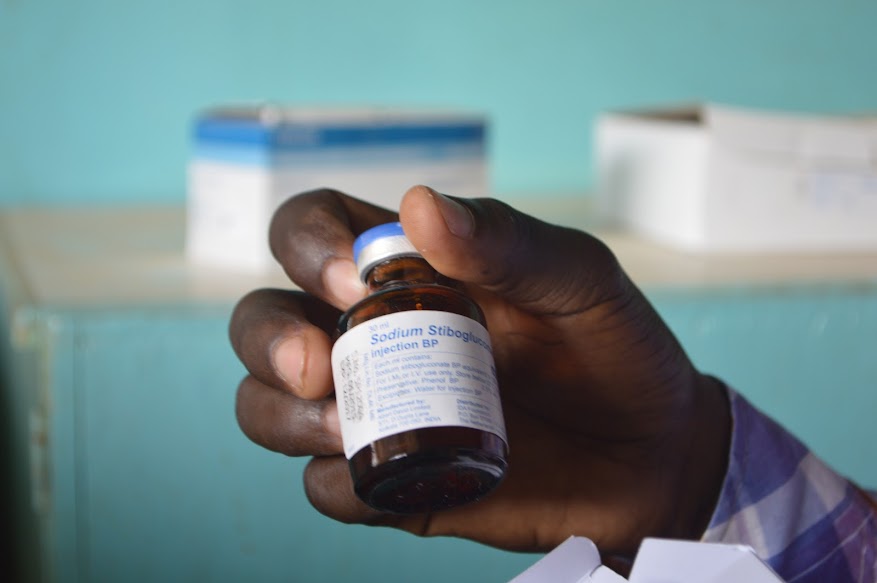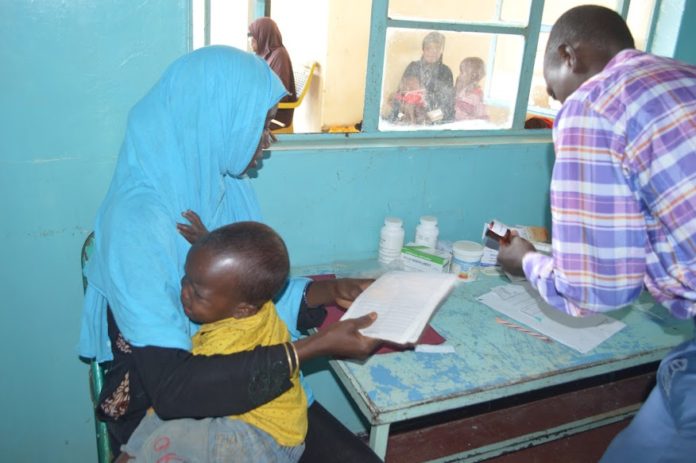By Mary Mwendwa
Nairobi, Kenya: Over 200 participants from 41 countries are expected to attend a learning global summit on Neglected Tropical Diseases( NTDs) in Nairobi. The three-day summit will take place from May 29 – to June 1st, 2022.
It is reported that over 1.7 billion people suffer from neglected tropical diseases, most of them in Africa and other developing countries in Asia and Latin America.
Dr.Carol Karutu, Vice President of Programs, The ENDFund noted how NTDs cause severe pain, long- term disability, and lead to death for more than 170,000 people globally every year.
“These diseases lead to malnutrition and low school attendance among school-age children. The debilitating effects among adults negatively impact overall productivity, hindering households from engaging in gainful employment or economic productivity, and further driving families into abject poverty.”
Dr. Karutu further noted that NTDs have economic impacts on those affected. “ For example, school children suffering from intestinal worms will miss school, they will get sick even some with anemia. Such, bring an economic impact to the country and even the families affected.”
Similarly, Dr. Sultani Matendechero, Head, Kenya Public Health Institute, confirmed that the Health institute, one of its function is to control and eliminate NTDs.
He explained that NTDs are a group of diseases that have been identified by the World Health Organization(WHO) using very strict criteria. “ These diseases share key properties among them, they are found among the poor populations in third world countries. Africa bears the biggest burden of NTDs.”
Matendechero further confirms that NTDs are said to be neglected tropical diseases because of the lack of technology to help in research.” The best technology on research comes from the developed countries, now in Africa, we cannot afford it because of the big investments needed for the expensive research on NTDs.”
He noted that there are about 20 NTDs have been listed by WHO.” Some of the common NTDs in Kenya are; Intestinal worms, Bilhazia, elephantiasis, Kala-azar, Trachoma, and snake bites which were listed in 2017 among others.”

“Snakebites was a challenge among communities in areas like Baringo, Kitui, and Kilifi and it affected those communities because of lack of antivenom treatment. “As a government, we have now put plans in place and brought in antivenoms at subsidized rates to help those affected communities. Now, we do not get reports of many fatalities like before.”
Matendechero praises the learning summit as a very important event for Kenya more so when ENDFundwill will be celebrating 10 years in NTDs space.
“ We firmly believe in the elimination of NTDs as a government and ENDFund is working towards this goal too. We are pleased that this summit will bring together experts, government officials, and researchers to learn from each other.”
The END Fund is a private philanthropic initiative that exists to end the most prevalent Neglected Tropical Diseases. The fund efficiently puts private capital to work, advocating for NTD programs that are innovative, integrated, and cost-effective. It facilitates strong partnerships with the private sector, government partners, and local implementing partners to collaboratively support national disease programs.














